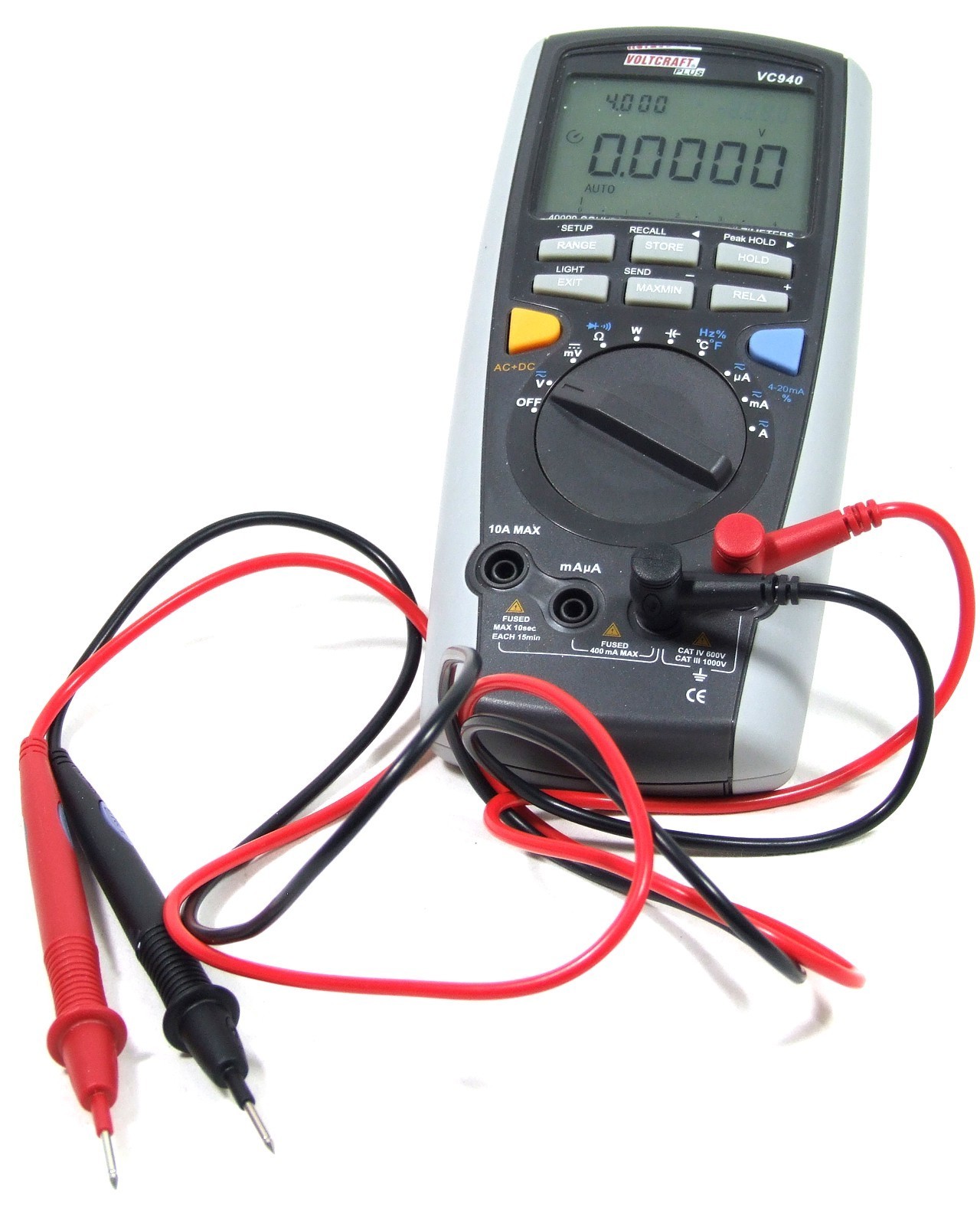Flash SSD Update: More Results, Answers
New Test Procedure
Despite the flawed battery testing procedure of using a repeating workload instead of a defined one, our initial testing had another point : while the new products such as Super Talent’s MasterDrive MX, OCZ’s SATA II Flash SSD and the latest Samsung SSD (which we’ll receive soon as well) are based on native second-gen SATA interfaces, most of the first- and second-generation Flash SSDs rely on outdated SATA bridge chips, which consume more power than necessary. Paired with the power-saving features of modern hard drives, which aren’t available on Flash SSDs to our knowledge, the discrepancies discovered in our initial article can arise.
Since there are test results on the Internet proving that Flash SSDs can improve battery life (and we fully agree that power-optimized Flash SSD products are more efficient than mechanical hard drives), we digested all the feedback from our readers and got manufacturer input as well. We wanted to look at performance and power consumption using a benchmark lineup able to reflect real-world usage scenarios as closely as possible.
We wanted to include more results and more drives, but the time sensitivity of this update would prevent us from doing a more comprehensive analysis. However, as a side note, we are in the process of adjusting our storage testing procedure to include application-based efficiency analysis for all upcoming hard drive and solid state drive reviews. The tests used for this update might not represent the full composition of that suite, but they are still applicable measures of whether or not today’s SSDs can beat the efficiency of HDDs.
All of the following tests were executed by a batch script to make sure that the benchmark load is identical for each product. We tracked the power requirement using a multimeter with a USB interface and another computer and we related the performance to the average power requirement by dividing the score by the average power requirement in watts.
The Voltcraft VC940 multimeter allows tracking results via USB on a host computer.
Get Tom's Hardware's best news and in-depth reviews, straight to your inbox.
Current page: New Test Procedure
Prev Page An Apology First – And One New SSD To Prove Us Right Next Page The Tests: Random, Sequential, DVD and Idle